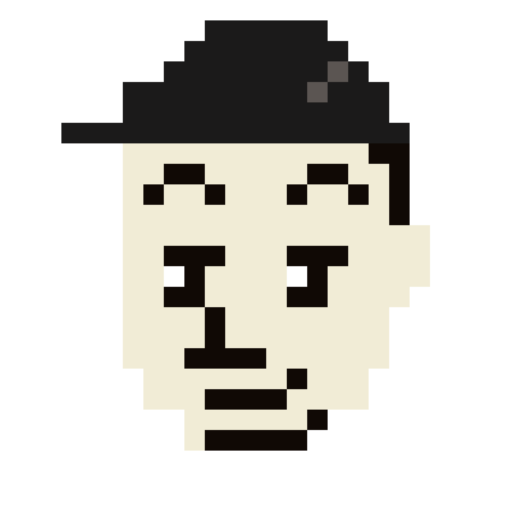The shoulder muscle refers to a group of muscles that work together to provide movement, stability, and strength to the shoulder joint. These muscles allow for a wide range of motion, including lifting, rotating, and moving the arm in various directions. The shoulder is one of the most mobile joints in the human body, and its function depends on the coordination of several key muscles.
Key Shoulder Muscles
- Deltoid Muscle
- The deltoid is the large, triangular muscle that covers the shoulder joint. It is responsible for lifting the arm and giving the shoulder its rounded shape.
- Function:
- Anterior (front) fibers: Flex the arm and rotate it inward.
- Lateral (middle) fibers: Abduct the arm (lift it away from the body).
- Posterior (back) fibers: Extend the arm and rotate it outward.
- Rotator Cuff Muscles
- The rotator cuff is a group of four smaller muscles that stabilize the shoulder joint and allow for rotation and lifting of the arm. These muscles are critical for shoulder stability.
- The four muscles of the rotator cuff are:
- Supraspinatus: Assists in abducting (lifting) the arm.
- Infraspinatus: Rotates the arm outward (external rotation).
- Teres Minor: Also helps with external rotation of the arm.
- Subscapularis: Rotates the arm inward (internal rotation).
- A large muscle that extends from the neck down to the middle of the back and across to the shoulder.
- Function: Helps move, rotate, and stabilize the shoulder blade (scapula). It also assists in shrugging motions.
- Teres Major
- Located below the teres minor, this muscle helps with internal rotation and adduction (bringing the arm toward the body).
- While primarily a chest muscle, it plays a role in moving and stabilizing the shoulder joint.
- Function: Assists in flexing, adducting, and internally rotating the arm.
- This large back muscle also plays a role in shoulder movement.
- Function: Helps extend, adduct, and internally rotate the arm.
Functions of Shoulder Muscles
- Mobility: The shoulder muscles allow for a wide range of movements such as lifting, rotating, pushing, pulling, and throwing.
- Stability: The rotator cuff muscles are particularly important for stabilizing the shoulder joint during movement.
- Strength: These muscles provide strength for activities like lifting weights or performing overhead movements.
Common Shoulder Injuries
Due to its wide range of motion and complex structure, the shoulder is prone to injuries such as:
- Rotator cuff tears
- Shoulder impingement
- Dislocations
- Tendonitis
Maintaining strong and flexible shoulder muscles can help prevent injuries and improve overall upper body function.

Donate with Cryptocurrency!